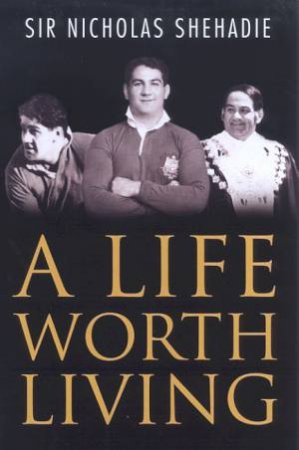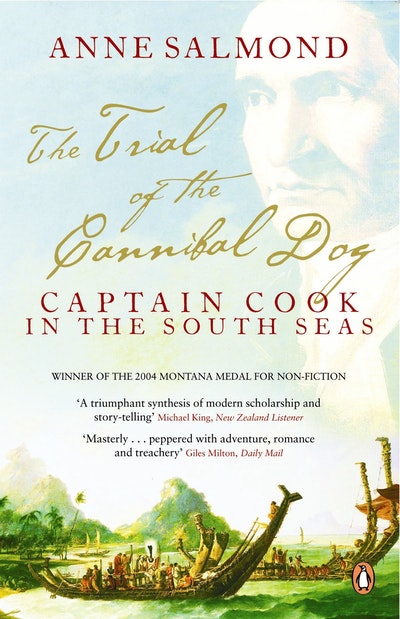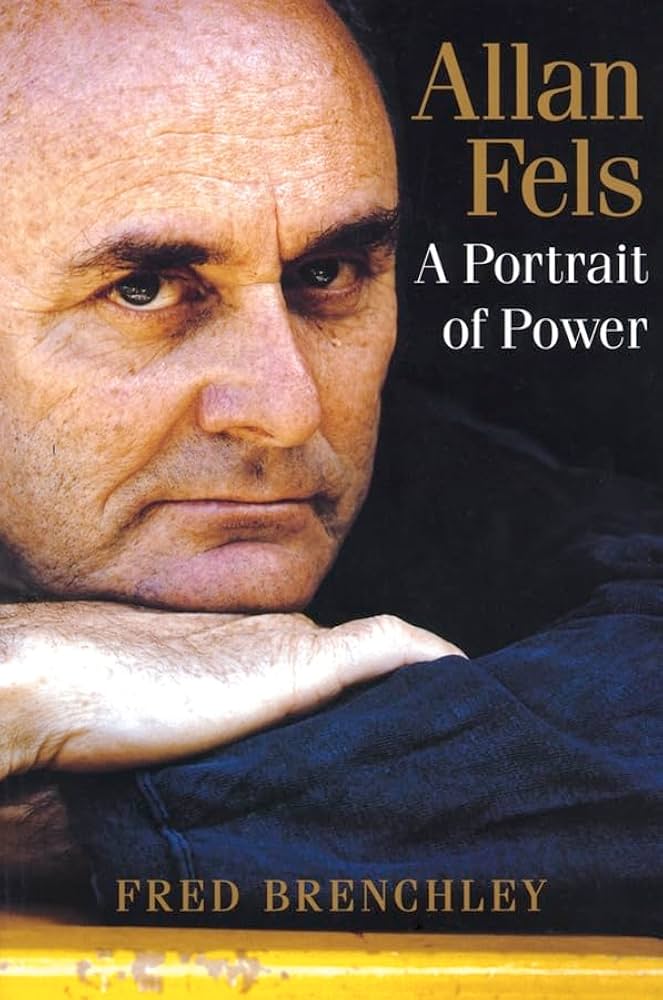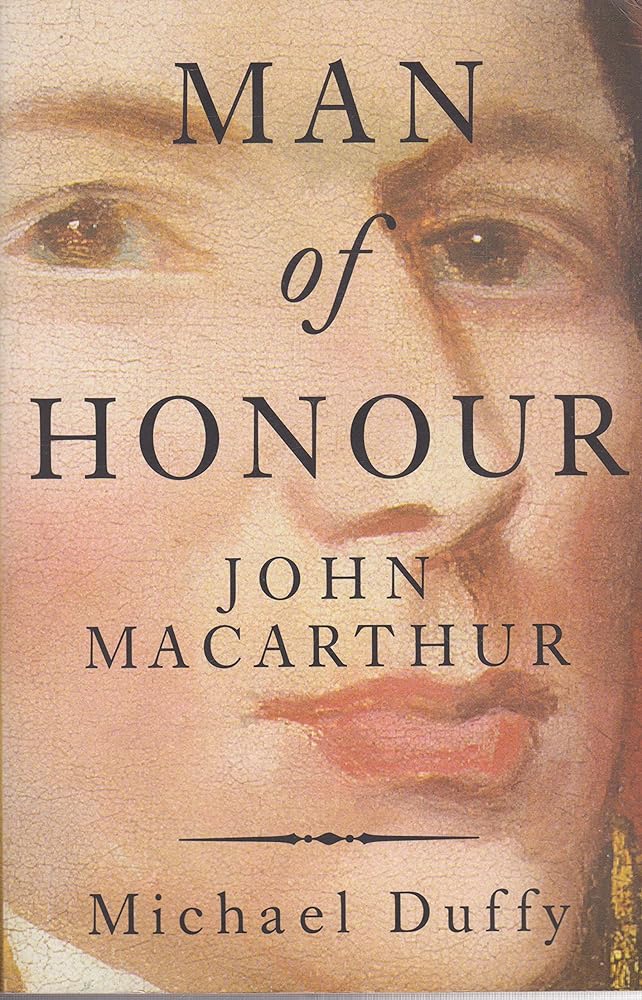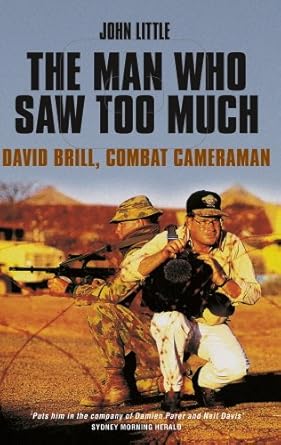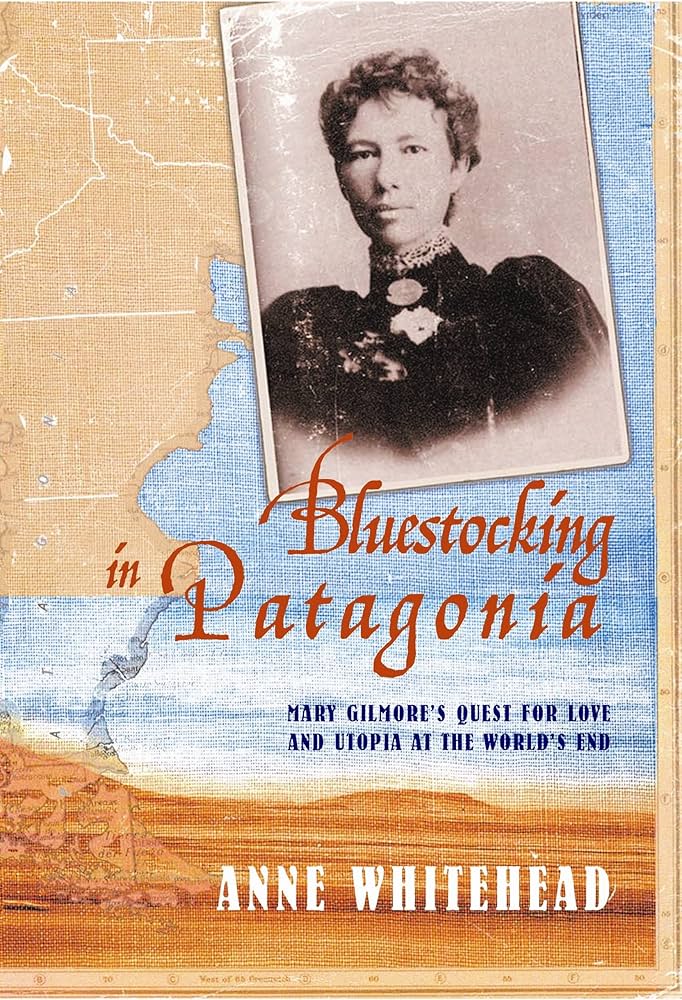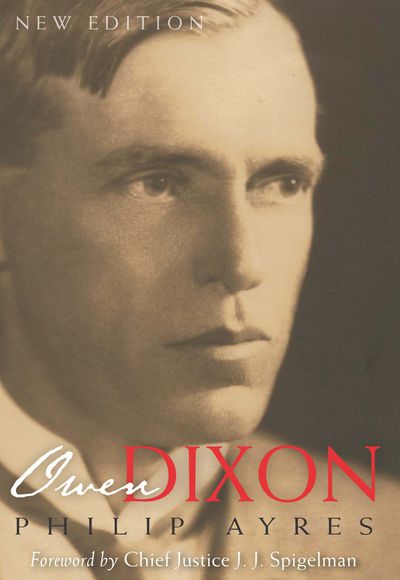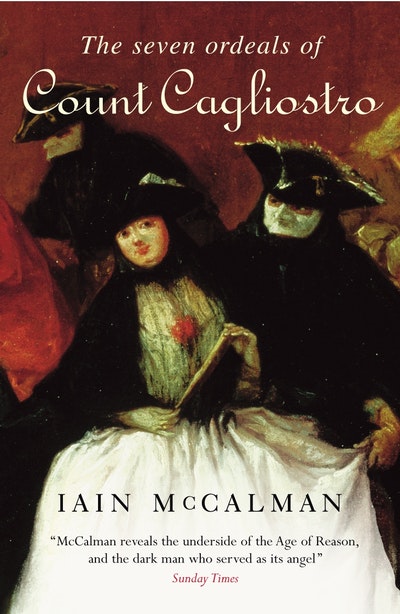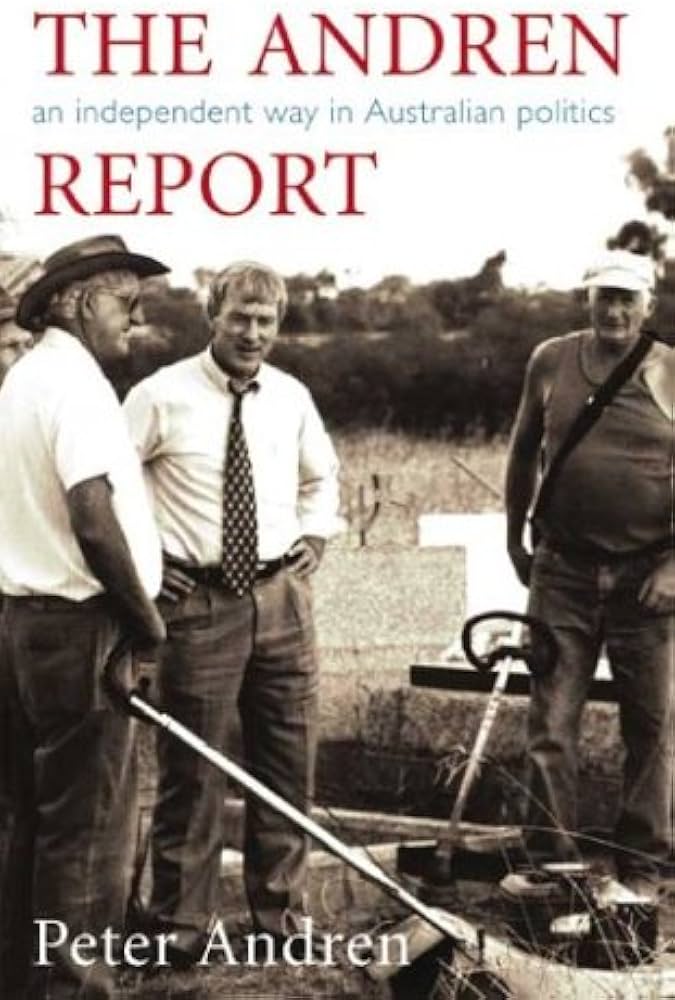Biography
Not one word is wasted in Sir Nicholas Shehadie’s memoir, A Life Worth Living. Almost all the words are. This book is a triumph of lack of style over lack of substance. It’s a pity to attach such a proud word as ‘book’ to a publication like this, as it is to attach ‘music’ to two-fingered renditions of Chopsticks. Shehadie is no writer, nor does he pretend to be, which is a shame. A little pretence might have tricked up the work from being a tedious CV to a worthy member of Australia’s naïve school of sports memoirs, the current champion of which is Dawn Fraser’s energetic Dawn: One Hell of a Life (2001), with its patches of vivid, detailed recollection and clean, functional prose.
... (read more)The Trial of the Cannibal Dog: Captain Cook in the South Seas by Anne Salmond
From 1768 until 1779–80, in a series of remarkable voyages of circumnavigation, Captain James Cook ‘fixed the bounds of the habitable earth, as well as those of the navigable ocean, in the southern hemisphere’. During these voyages, Cook sailed further, and further out of sight of land, than anyone had previously done. He discovered – or rediscovered – numerous islands. He demonstrated how the new ‘time keeper’ (chronometer) might be used to determine longitude much more accurately than ever before. He showed how scurvy might be controlled. He encountered and left detailed descriptions of peoples about whom Europeans had little or no knowledge. The scientists who sailed with him made very extensive collections of birds, animals, fish and plants, and obtained a wealth of information about the atmosphere and the oceans, all of which contributed significantly to the emergent modern scientific disciplines. In short, as one of his companions observed after his death, ‘no one knew the value of a fleeting moment better and no one used it so scrupulously as [Cook]. In the same period of time no one has ever extended the bounds of our knowledge to such a degree.’
... (read more)Assuming the Chair of a business regulatory authority might not be thought of as an ideal path to media stardom, but Allan Fels showed otherwise. Fels is easily Australia’s best-known cartel buster and the scourge of price-fixing business and anti-competitive behaviour generally. For years he was regularly on the nightly news. In a savage sea of rapacious price-gougers, Fels was the consumer’s friend.
... (read more)Man of Honour: John Macarthur – duellist, rebel, Founding Father by Michael Duffy
As I read this book, serious questions were being asked about the honour of three governments: the British, the US and our own. Did they all lie so as to justify war against Iraq? Honour still matters, even at a time when the word is not used as often as it once was. Michael Duffy’s book about John Macarthur, one of the best-known inhabitants of colonial Australia, constructs him as a ‘man of honour’. It ought to be topical.
... (read more)The Pope’s Battalions: Santamaria, Catholicism and The Labor Split by Ross Fitzgerald
Ross Fitzgerald’s book is timely, for two reasons. Five years having passed since the death of B.A. Santamaria, an appropriate distance stands between the immediate obituaries and a better perspective on his impact on Australian politics. It is also nearly fifty years since the great Labor schism. A new generation of Australians has grown up for whom ‘The Split’ is not part of the political lexicon. The Pope’s Battalions reminds one of a time when this term required no explanation, just as ‘The Dismissal’ needs no explanation to Australians over a certain age.
... (read more)The Man Who Saw Too Much: David Brill, Combat Cameraman by John Little
Despite Jeff McMullen’s assertion in the foreword to The Man Who Saw Too Much that books like this are rare, this is in fact the latest in a long line of books about Australian war and foreign correspondents, by which I mean photographers, cameramen and women, and cinematographers (the term preferred by David Brill), as well as journalists. In recent times, books by, or about, the adventurous boys – Damien Parer and Neil Davis (both role models for Brill), Richard Hughes (whom Brill met in later life), Wilfred Burchett and Hugh Lunn – have, thankfully, been joined by autobiographies of women journalists such as Irris Makler.
... (read more)In Paradise Mislaid, Anne Whitehead captivated readers with a nicely judged blend of elements. Here was a documentary that interwove two travellers’ tales, each with the resonance of quest narratives. Those ‘peculiar people’ who went off to Paraguay as part of William Lane’s experimental Utopian settlement were seeking a just community where the labourer would not only be worthy of his hire, but actually receive it; while Whitehead was pursuing the historian’s endless quest to bring back into present memory the always receding reality of the past. But Whitehead’s journey was not made only in the mind or in the archives: it had a literal dimension, involving following physically ‘in the steps of’ her subject. This led to an interesting relationship between past and present in her work, a layered intercutting, sometimes positing connection, sometimes disjunction. The effect was analogous to the intercutting techniques of documentaries, and it’s not surprising to find that Whitehead has worked extensively as television producer, film director and scriptwriter. It also offered, in a way, a gentle rebuff to any undeconstructed readerly yearning for the complete and logically sequential narrative that we might once have thought history could give us.
... (read more)Owen Dixon joined the Melbourne bar in 1911. By 1918 he was among its leaders, with the young R.G. Menzies as his pupil (and future lifelong friend). In 1926, five months as an acting Supreme Court judge convinced him ‘that I would never be a judge’; but in January 1929 he accepted an appointment to the High Court. There he would stay for thirty-five years – almost from the beginning as the Court’s undoubted intellectual leader, and from 1952 to 1964 as Chief Justice. He is commonly regarded as the twentieth century’s greatest Australian judge, and often as its greatest judge in the English-speaking world. His biography is long overdue.
Australian judicial biographies are rare. Mostly they deal with men whose judicial work was only one phase in a controversial political career. Biographers without legal training have sometimes uncomfortably skirted the edges of the judicial material; but, for Dixon, no such skirting is possible. In this splendid biography, Philip Ayres has risen to the challenge.
... (read more)The Seven Ordeals of Count Cagliostro: The Greatest Enchanter of the Eighteenth Century by Iain McCalman
You haven’t heard of Count Cagliostro? Well, chances are if HarperCollins has anything to do with it, you will. Iain McCalman’s book comes with enthusiastic endorsements from Simon Winchester, Peter Conrad and Peter Gay. And it must be said that there is a sense in which the Count – ‘the greatest enchanter of the eighteenth century’, as McCalman salutes him – is alive and well: a Google search on the Internet brings up more than 4000 results. Indeed, the starting point for McCalman’s skilfully entertaining account of Cagliostro’s career as magician, alchemist, healer and Freemason is the puzzle of this after-life, or what he calls Cagliostro’s ‘ascension into culture’. The irony is that this book is likely to ensure that the enchanter casts his spell on a new audience. For it is an extraordinary tale.
... (read more)The Andren Report by Peter Andren & A Humble Backbencher by Ken Fry
These two well-written, unpretentious and engaging books address a central question for those interested in parliamentary democracy: who should represent us? Is the best representative someone just like ourselves, or someone who knows how ‘the system’ works and can manipulate it in our interest? Should it be someone from the party in power? Should it be someone wise and experienced, or young and vigorous? Should it be a woman, to represent the largest proportion of the electorate?
... (read more)

